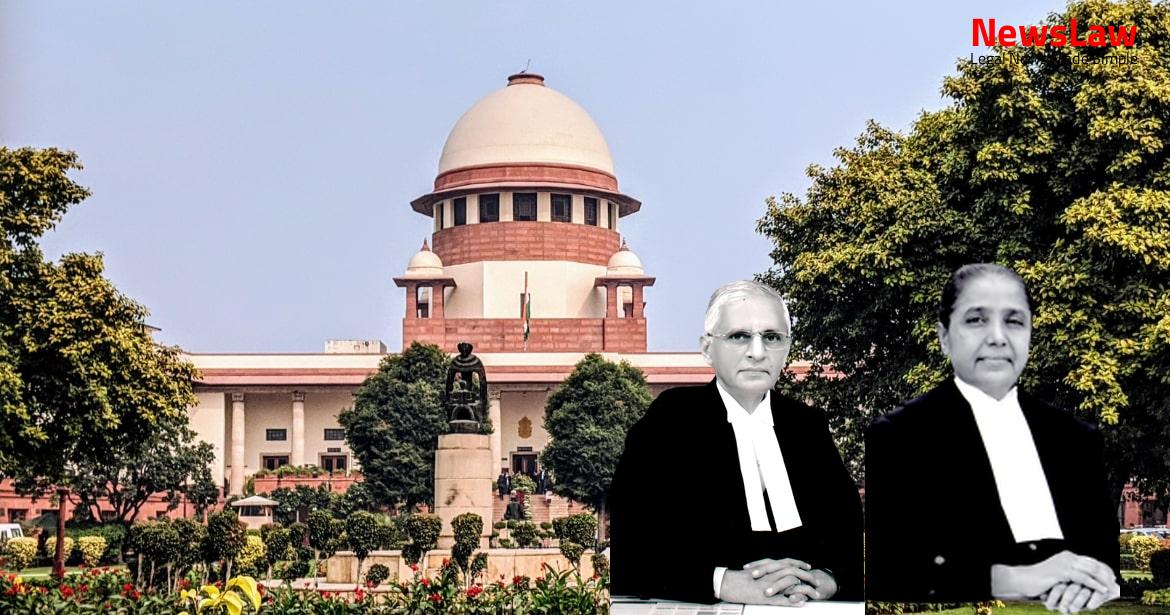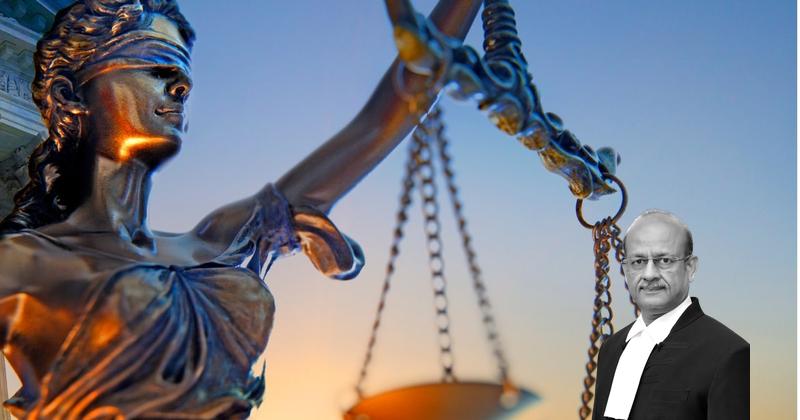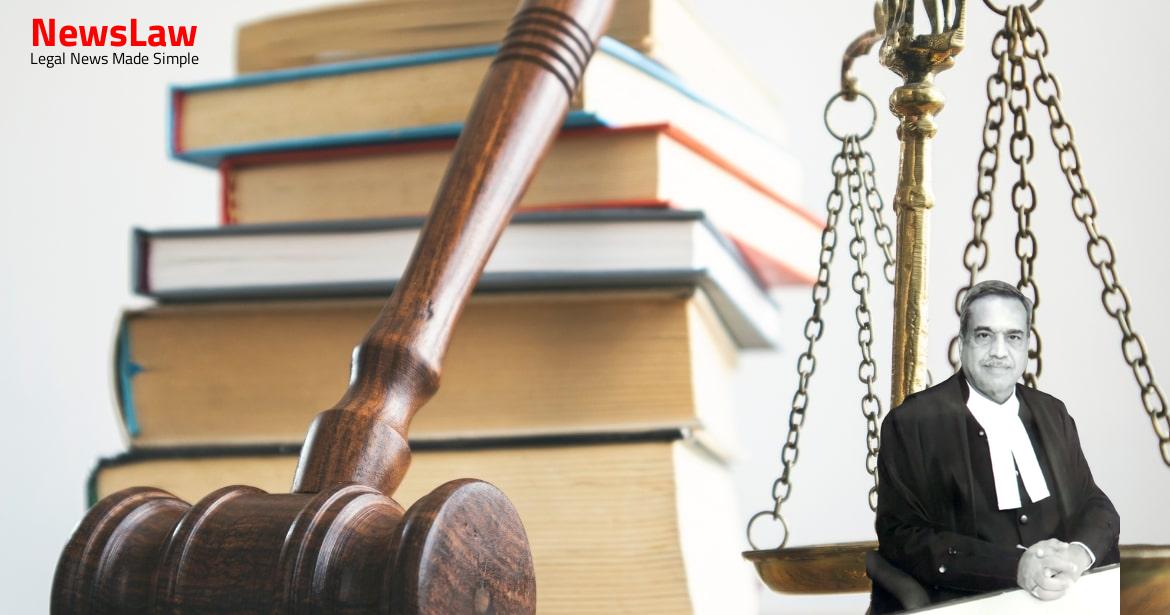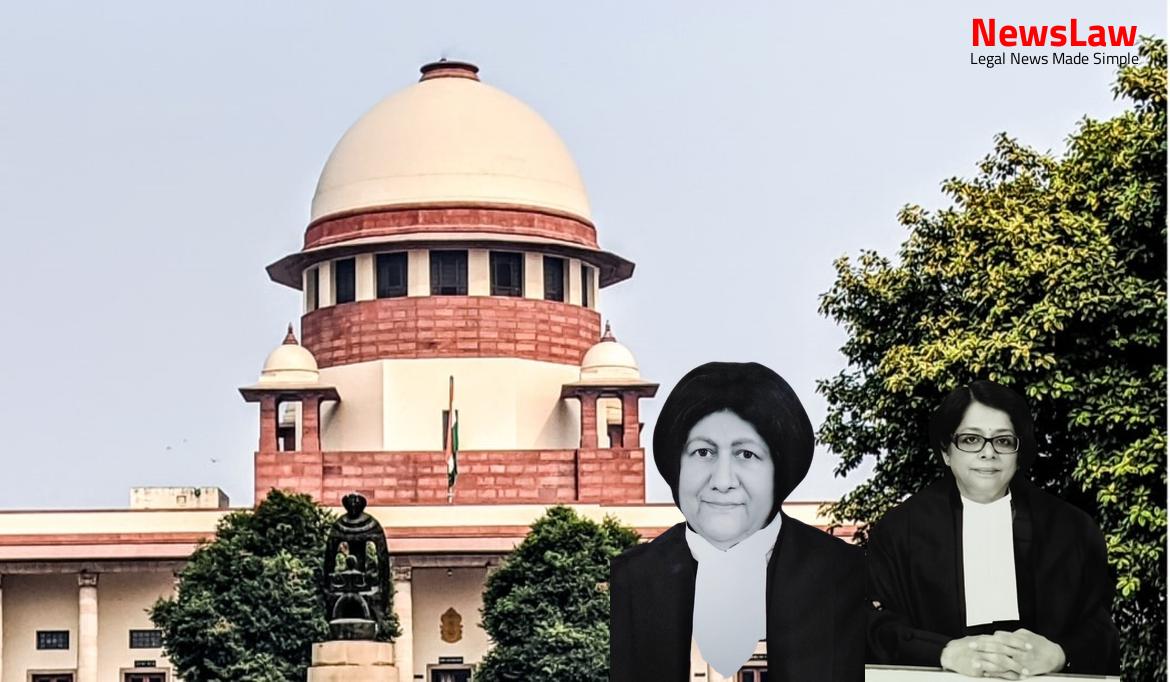Exploring the legal intricacies of challenging the grant of bail to accused No.2 and 3, the Supreme Court of India delivers a significant judgment. The case delves into the exercise of discretion by the trial court while granting bail, emphasizing the gravity of the allegations and impact on prosecution witnesses. Stay tuned for insights into the judicial review process. #SupremeCourt #JudicialReview #BailGrant
Facts
- Alpeshbhai-accused No.2 inflicted a sword blow on Ajitbhai’s chest causing injuries, and on being prevented, caused injuries to Ajitbhai’s right hand elbow.
- Complainant Bharatbhai and witnesses were abused due to a grudge over financial transactions.
- Shaileshbhai, a friend of the complainant, sustained injuries on both hands.
- FIR was lodged under Sections 323, 324, 326, 307, 504, 506(2), and 114 IPC.
- Accused No.1 and 2 were arrested on 16.01.2019 and granted bail on 06.02.2019 by the learned Additional Sessions Judge, acknowledging a prima-facie case but considering the discharge of injured parties and recovery of weapons.
- Accused No.3, Ravibhai, inflicted indiscriminate blows with a stick on the complainant, causing injuries.
- Accused No.1, Kishanbhai, inflicted a sword blow on Ajitbhai’s head, resulting in a cut to his left hand palm.
- The trial court granted bail to accused No.2 and 3 considering their young age, lack of criminal history, and permanent residence in Sokli village.
- The complainant challenged the bail order by filing an application before the High Court, focusing on the alleged breach of bail conditions.
- The High Court observed the complainant’s argument on the breach of bail conditions and directed them to raise the objection at the Sessions Court for appropriate action.
- The High Court, in its order, declined to interfere with the trial court’s decision to grant bail to accused No.2 and 3, instructing the complainant to address the breach of bail conditions at the Sessions Court.
Also Read: High Court Acquittal Case of State of Uttar Pradesh v. Jai Prakash
Arguments
- The petitioner argued that the injuries sustained by Ajitbhai, including the loss of the right thumb and immobilization of four fingers on the left hand, demonstrate the gravity of the offence.
- It was contended that the petition, though filed under Section 439(2) Cr.P.C., challenges the exercise of discretion in favor of the accused due to the seriousness of the allegations.
- The appellant highlighted relevant factors like the nature and seriousness of the offence, impact on prosecution witnesses, and likelihood of evidence tampering when considering bail decisions.
- An application was filed to circulate ‘speaking to minutes’ regarding the order granting bail to the accused, stressing the grave nature of the offence and challenging the discretion exercised.
- Legal counsels for both parties were heard, and the impugned orders and relevant materials were reviewed.
- Reference was made to the case of Anil Kumar Yadav v. State (NCT of Delhi) and Another (2018) 12 SCC 129 to support the arguments presented.
- The appellant challenged the grant of bail to the respondents as an arbitrary exercise of discretion.
- The appellant’s grounds for challenging the bail were based on Section 439 of the Cr.P.C.
- The application filed before the High Court sought cancellation of bail but mainly focused on challenging the discretion exercised in granting bail.
- The learned counsel for respondents argued that the appellant’s challenge was limited to a breach of bail condition and not the bail order itself.
- The grounds raised in the application emphasized the unsustainable nature of the bail order due to an arbitrary exercise of discretion.
Also Read: Judgment Review: Supreme Court’s Ruling on the Capital Punishment Appeal
Analysis
- The Court should exercise discretion judiciously while granting bail.
- Relevant facts should be considered before granting bail.
- The case of State of U.P. Through CBI v. Amarmani Tripathi (2005) 8 SCC 21 is relevant in this context.
- Consideration for challenging grant of bail is whether there was improper or arbitrary exercise of discretion in granting bail.
- Different considerations apply for cancellation of bail and challenging the grant of bail on the ground of arbitrary exercise of discretion.
- In application for cancellation of bail, court looks for supervening circumstances like tampering of evidence, threatening witnesses, accused likely to abscond, or trial getting delayed.
Also Read: Compromise Reached: Reddy Satyanarayana vs Narapureddy Sanyasi Rao
Decision
- The High Court proceeded with the matter under the assumption that the application challenged the order of grant of bail
- The appellant contested the grant of bail citing arbitrary exercise of discretion and overlooking relevant materials
- High Court’s mistake in treating the application as one for cancellation of bail led to the setting aside of the impugned orders
- The case is remitted to the High Court for a fresh consideration of the matter
Case Title: BHARATBHAI BHIMABHAI BHARWAD Vs. THE STATE OF GUJARAT
Case Number: Crl.A. No.-001162-001163 / 2019



